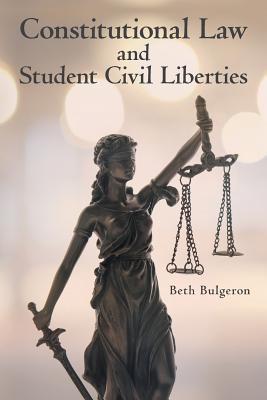Students in the United States benefit greatly from studying legal history and constitutional law. Doing so can help them build reasoning and critical thinking skills, learn to assess facts from multiple viewpoints, and develop and refine persuasive writing skills. Constitutional Law and Student Civil Liberties uses situations close to students' experiences to examine and analyze constitutional law. It both explains laws and concepts and provides numerous examples and exercises to help students absorb, engage with, and master the material. Through critical analysis of Supreme Court cases and the application of legal precedent to new facts and hypotheticals, students can gain a deep understanding of very complex areas of law and grapple with legal questions such as the following: - Does a principal of a school need a warrant to search a student's purse? - Can school officials drug-test students who want to play a sport? - Can a sixteen-year-old get the death penalty for committing murder? - Can a college use race as a factor when deciding which students to admit? Intended for high school students, this textbook provides an in-depth introduction to constitutional law, building such skills as analytical reading, critical thinking, and persuasive writing through the study of constitutional protection of civil liberties.
